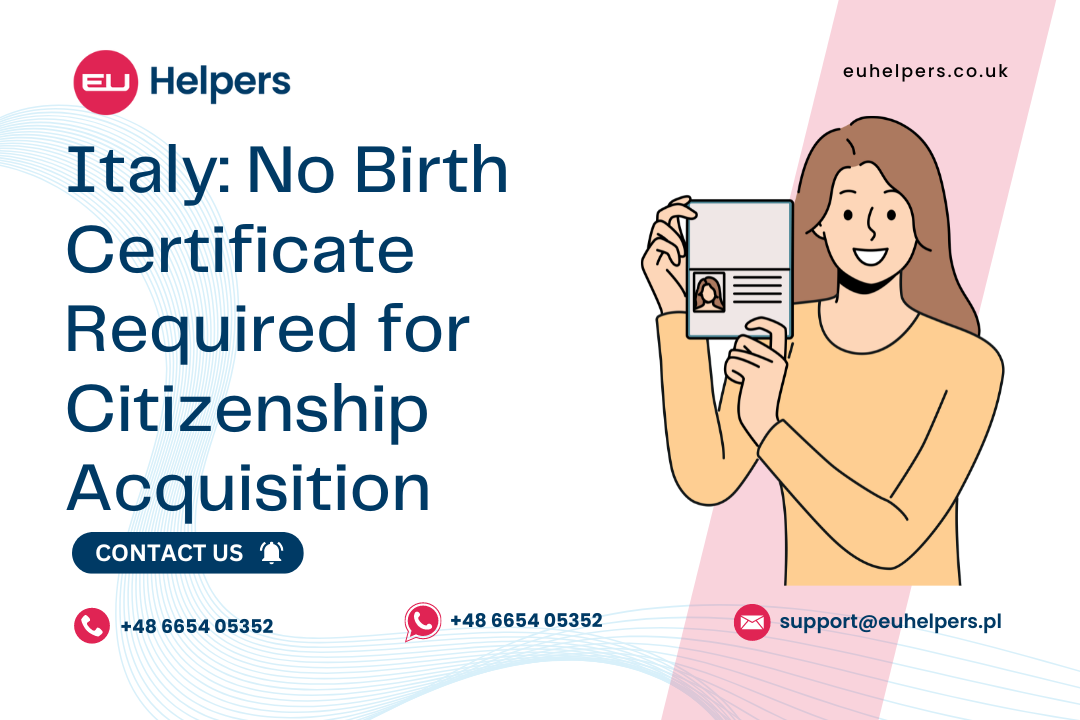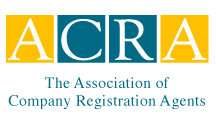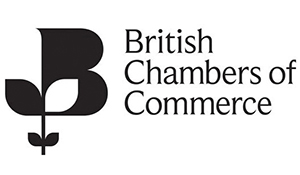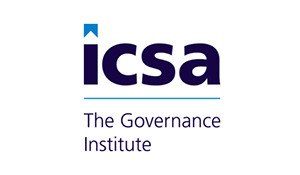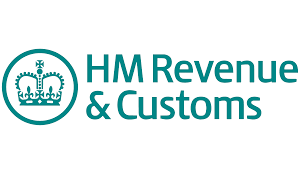Italy has recently implemented significant changes to its citizenship acquisition process, particularly benefiting descendants of Italians seeking citizenship. Under the new rules, the requirement to obtain a birth certificate for descendants has been abolished, opening new avenues for those previously unable to prove their lineage through conventional means.
The Ruling and Its Impact
The decision, affirmed by the Italian Court of Cassation through ruling 14,194 on May 22, marks a pivotal moment for individuals tracing their Italian heritage. This ruling recognizes that strict adherence to birth certificates can pose barriers, especially for descendants whose ancestors emigrated long ago and may not have accessible birth records.
Accepted Alternative Documents
In place of the birth certificate, applicants can now submit alternative documents that substantiate their lineage. These include:
- Baptismal Certificates: Issued by religious institutions, providing evidence of birth and parentage.
- Marriage Records: Establishing the marital union of ancestors and subsequent family ties.
- Death Certificates: Confirming the lineage through ancestral descent and family connections.
- Sworn Testimony: Affidavits from individuals able to attest to the familial relationship, validating the lineage through personal knowledge.
These changes are particularly advantageous for descendants who possess documents such as marriage certificates, death certificates, or sworn testimonies but lack a birth certificate for their Italian ancestor. By broadening the acceptable forms of proof, Italy aims to facilitate a smoother citizenship acquisition process, enhancing inclusivity and accessibility. Looking to pursue higher education, find a job, start a business, or secure residency in Italy or anywhere else in Europe? Contact EU Helpers for expert guidance and assistance.

